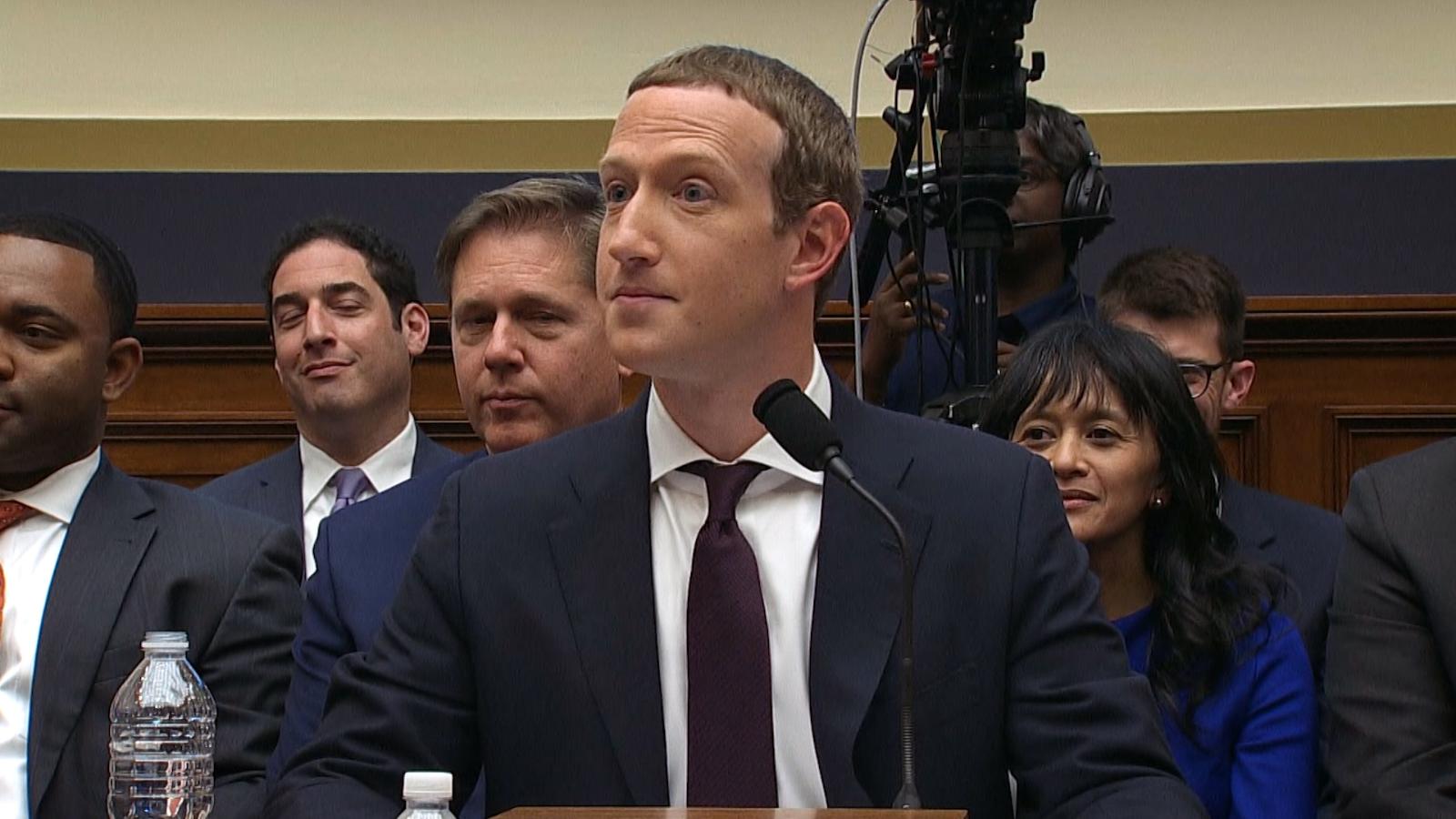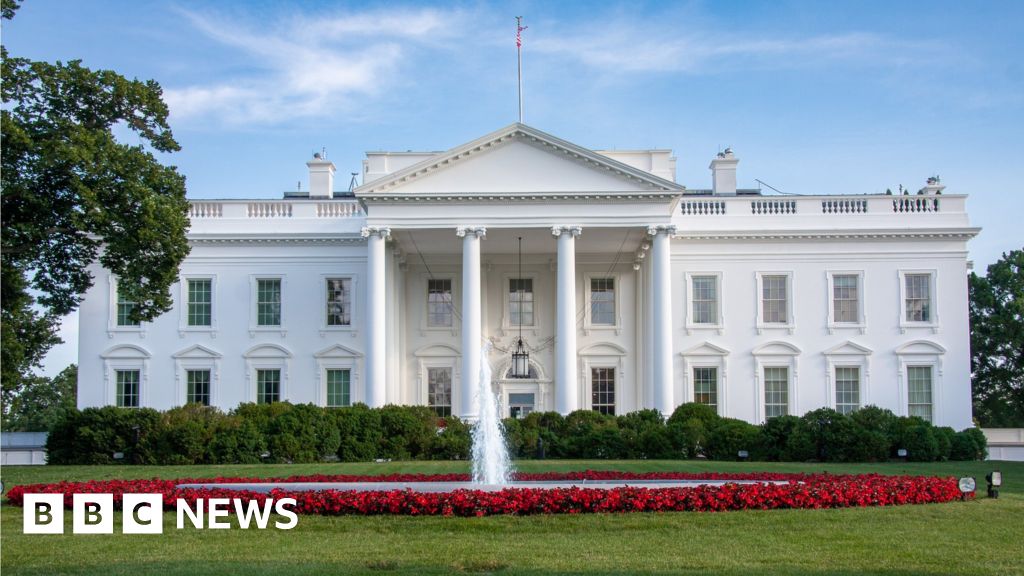Is Google Facing Its Biggest Threat Yet? A Potential Breakup

Table of Contents
The Antitrust Arguments Against Google
The arguments for breaking up Google center around its alleged anti-competitive practices across several key areas. These concerns have fueled numerous antitrust lawsuits and regulatory investigations globally.
Dominance in Search
Google's overwhelming market share in search is a primary target for antitrust lawsuits. Its dominance isn't simply a result of superior technology; critics argue it's a consequence of strategically anti-competitive actions.
- Pre-installed default search engine on Android devices: This gives Google a significant advantage, pre-emptively placing its search engine in front of billions of users.
- Exclusive search deals with mobile carriers and OEMs: These deals often restrict users' choices, making it difficult for competing search engines to gain a foothold.
- Algorithmic manipulation to favor Google services: Accusations include prioritizing Google Maps, Google Shopping, and other Google properties in search results, even when competing services are superior.
- Use of search data to bolster other Google products: Google leverages its vast search data to improve its other services, giving it an unfair advantage over competitors who lack access to such comprehensive data.
Monopoly in Advertising
Google's advertising dominance is another major concern. Its control over significant portions of the online advertising market raises serious antitrust questions.
- Control of AdSense and AdWords: These platforms dominate online advertising, giving Google immense power over ad pricing and placement.
- Dominance in programmatic advertising: Google's advanced algorithms and vast data sets give it an edge in programmatic advertising, further solidifying its market position.
- Lack of transparency in ad auctions: Critics argue a lack of transparency in Google's ad auctions creates an environment ripe for anti-competitive practices.
- Potential for anti-competitive practices in ad pricing: Concerns exist that Google's market power allows it to manipulate ad prices, disadvantaging smaller competitors.
Stifling of Competition
Numerous accusations allege that Google actively suppresses competitors through various means, hindering innovation and reducing consumer choice.
- Prioritizing Google services in search results: This practice, often referred to as "self-preferencing," gives Google an unfair advantage over its rivals.
- Acquisition of potential competitors to eliminate threats: Google’s history of acquiring promising startups raises concerns about its strategy to neutralize potential competition.
- Restricting access to data and APIs: Controlling access to crucial data and APIs can prevent competitors from developing effective services.
- Creating barriers to entry for new players: High barriers to entry make it extremely difficult for new search engines and advertising platforms to compete effectively.
Potential Consequences of a Google Breakup
A forced Google breakup would have profound and multifaceted consequences, impacting the search landscape, the advertising market, and the broader tech industry.
Impact on Search
A breakup could lead to a more fragmented search landscape, potentially benefiting consumers through increased competition and choice.
- Rise of alternative search engines: A less dominant Google could pave the way for alternative search engines like DuckDuckGo, Bing, or new entrants to gain market share.
- Increased focus on privacy concerns: Competition could drive innovation in privacy-focused search technologies.
- New innovations and features in search technology: Increased competition often leads to faster innovation and the development of new search features.
- Possible decrease in search quality for some users: Depending on the effectiveness of the resulting competition, some users might experience a decrease in search quality initially.
Effect on the Advertising Market
The advertising market would experience significant disruption, potentially impacting businesses heavily reliant on Google Ads.
- Increased advertising costs for businesses: Increased competition in the advertising market could lead to higher costs for businesses.
- Rise of new advertising platforms: A less dominant Google could allow for the emergence of new and innovative advertising platforms.
- Changes in targeting and ad delivery: The advertising landscape would likely undergo significant changes in targeting and delivery mechanisms.
- Need for businesses to adapt to a new advertising ecosystem: Businesses would need to adapt their strategies to a potentially more fragmented and complex advertising ecosystem.
Broader Implications for the Tech Industry
A Google breakup would send shockwaves through the tech industry, setting a precedent for other tech giants.
- Increased regulatory scrutiny of other large tech companies: It could encourage stricter regulatory oversight of other large technology companies.
- Potential for increased innovation and competition across the tech sector: Breaking up Google could foster increased innovation and competition in the broader tech landscape.
- Changes in the balance of power in the digital world: The breakup would undoubtedly alter the existing balance of power within the digital world.
- Uncertainty and volatility in the stock market: The uncertainty surrounding a potential breakup would likely cause volatility in the stock market.
Is a Breakup the Biggest Threat? Alternative Perspectives
While a Google breakup presents significant challenges, alternative viewpoints exist.
Google's Adaptability
Google has a history of adapting to change and innovation, suggesting it could navigate a breakup successfully.
The Value of Integration
The current integrated Google ecosystem offers users benefits through seamless functionality between various services. Disrupting this integration could harm user experience.
Potential for Innovation
A breakup could potentially hinder Google's ability to innovate and develop new technologies, slowing progress in areas like AI and machine learning.
Conclusion
The potential breakup of Google presents a complex scenario with far-reaching consequences. While a more competitive market could benefit consumers in the long run, the immediate effects could be disruptive to businesses and the tech industry as a whole. Whether a Google breakup represents its biggest threat remains debatable, but the ongoing antitrust scrutiny underscores the immense power the company wields and the need for a balance between innovation and fair competition. The debate over a potential Google breakup and its impact on the future of search and the digital world is far from over. Stay informed about the latest developments in the ongoing legal battles surrounding Google and the potential for a company breakup.

Featured Posts
-
 Blue Origin Scraps Rocket Launch Due To Subsystem Issue
Apr 22, 2025
Blue Origin Scraps Rocket Launch Due To Subsystem Issue
Apr 22, 2025 -
 La Palisades Wildfires Which Celebrities Lost Their Homes
Apr 22, 2025
La Palisades Wildfires Which Celebrities Lost Their Homes
Apr 22, 2025 -
 Analyzing The Bank Of Canadas Pause Insights From Fp Videos Economic Experts
Apr 22, 2025
Analyzing The Bank Of Canadas Pause Insights From Fp Videos Economic Experts
Apr 22, 2025 -
 Zuckerberg And Trump A New Era For Tech And Politics
Apr 22, 2025
Zuckerberg And Trump A New Era For Tech And Politics
Apr 22, 2025 -
 White House Cocaine Secret Service Concludes Investigation
Apr 22, 2025
White House Cocaine Secret Service Concludes Investigation
Apr 22, 2025
